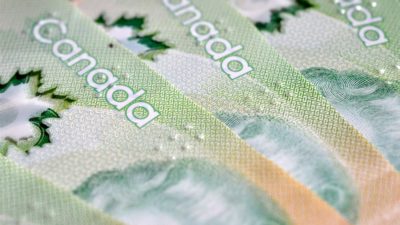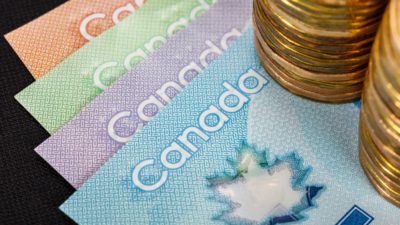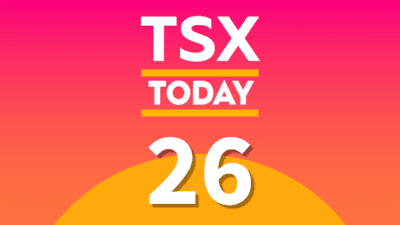Restaurant Brands International Inc. (TSX:QSR)(NYSE:QSR) is a popular stock with many of the so-called super investors.
Warren Buffett owns a large stake in the company. He contributed US$3 billion towards financing the takeover of Tim Hortons by 3G Capital (via Burger King) and gets 9% in dividends annually on preferred shares for his trouble. As part of the deal, Buffett also received a warrant that gave him the right to buy 8.4 million common shares of the new entity. He exercised the warrant the first day he was legally able to do so.
Bill Ackman is also a big holder of Restaurant Brands shares. As of September 30, 2015 Pershing Square Capital Management held 9.8% of its assets in the company–a stake worth nearly $1.4 billion.
Ackman and Buffett collectively control more than 10% of the shares outstanding.
On the surface, Restaurant Brands might not seem like the kind of stock Buffett would go for. The company lost nearly $2 per share over the last year, and its debt-to-equity ratio is among the worst of all Canadian companies. And if you strip out the intangible assets, there’s hardly anything of value left on the balance sheet.
What exactly do the big guys see in this investment? Let’s take a closer look.
Valuing the company
It’s a problem that’s plagued investors for almost as long as investing has existed: How do you value brands?
Deep-value investors look for tangible assets. The worst-case scenario, they surmise, is the company goes bankrupt and the assets will be sold to the highest bidder. With a little digging it’s easy to come up with a conservative estimate of the net asset value of the physical assets. If that value is considerably more than the stock price, they invest.
Brands are a whole lot harder to value. We all know that Tim Hortons is practically a religion in Canada. According to reports, eight out of every 10 cups of coffee sold north of the 49th parallel are poured at a Timmy’s location. And the company has successfully expanded its coffee and donut roots into a robust breakfast and lunch menu. Tim Hortons isn’t just a coffee powerhouse; it’s a whole fast-food franchise.
Traditional investing analysis says you pay a multiple of earnings for a business. But Restaurant Brands is still digesting the big merger, which means plenty of write-offs.
Free cash flow is different. Once you account for changes in working capital, the stock is on pace to generate approximately US$715 million in free cash flow for 2015. In the United States the company has a market cap of US$6.44 billion. Thus, on a price-to-free-cash flow metric, the stock is actually pretty cheap, trading at just nine times free cash flow.
The problem
I look at a lot of companies and, for the most part, anything trading under 10 times free cash flow has some major warts. Restaurant Brands is no exception. The big issue with the company is debt.
Currently, the combined entity of Burger King and Tim Hortons owes more than US$12 billion in long-term debt. That’s a lot, especially for a company with a U.S. market cap of $6.44 billion.
At first glance, it looks like the debt is being paid back aggressively. At the end of December 2014 the total debt load was US$13.5 billion. US$1.5 billion in debt repayment in a year sounds pretty good until you look at the company’s cash balance. A year ago it was US$1.8 billion. As of September 30, it was US$975 million. Most of the debt repayment just came from the cash on hand.
It’s obvious Buffett and Ackman think the value of the brands are much more than the enterprise value of the company, which is approximately US$18.5 billion. I think so, too. My issue is that with valuation that high, I don’t think there’s a huge margin of safety there. The debt is too big of a wild card.







